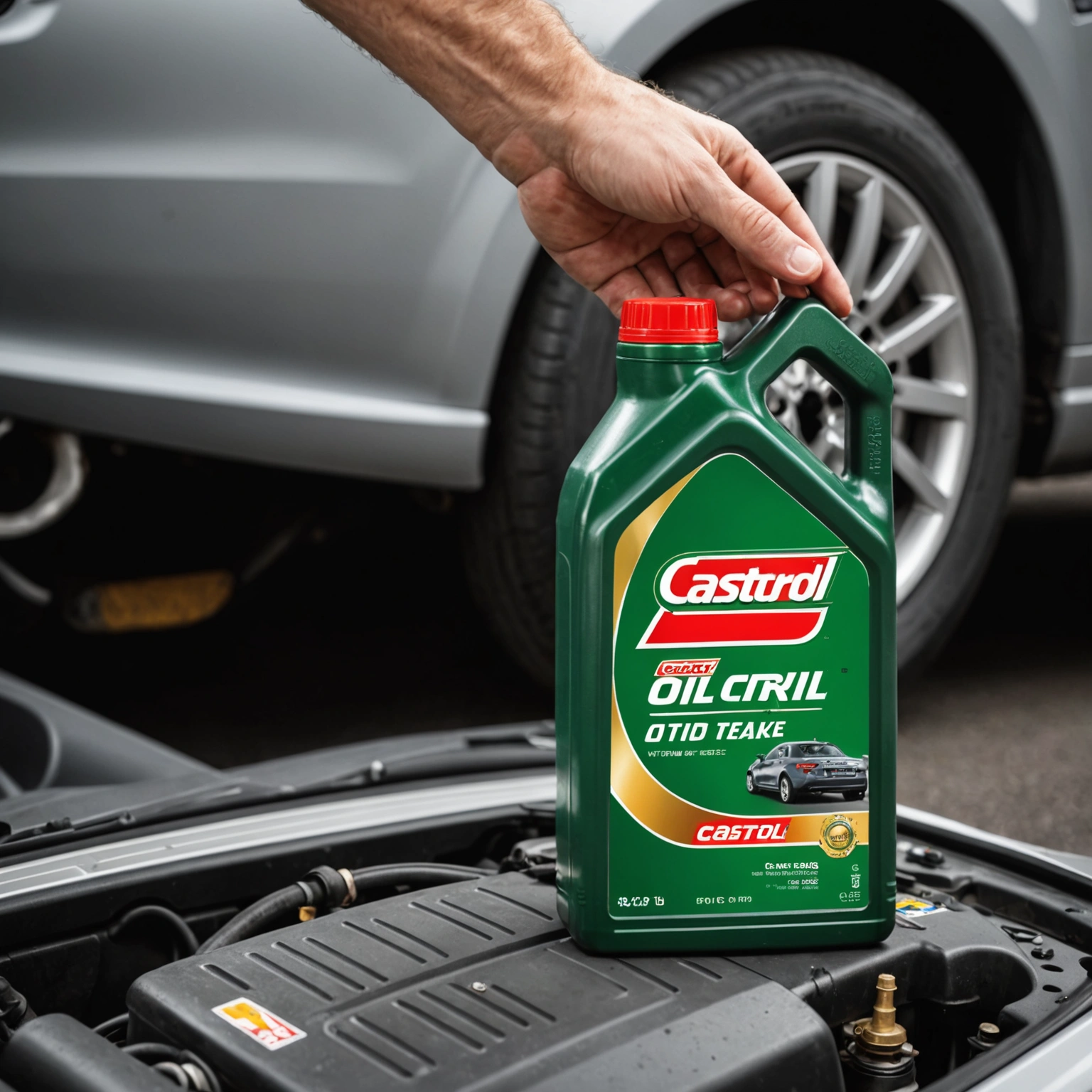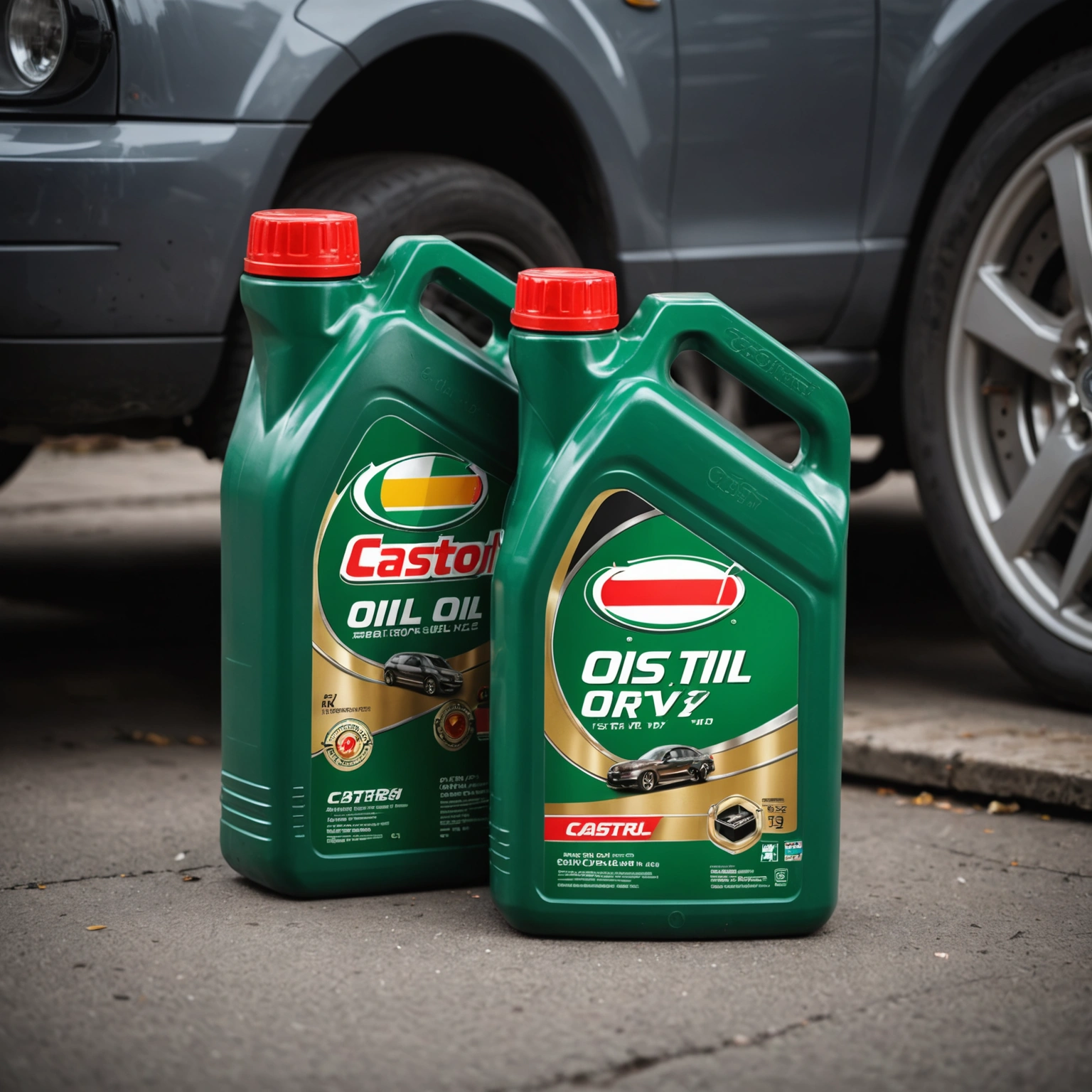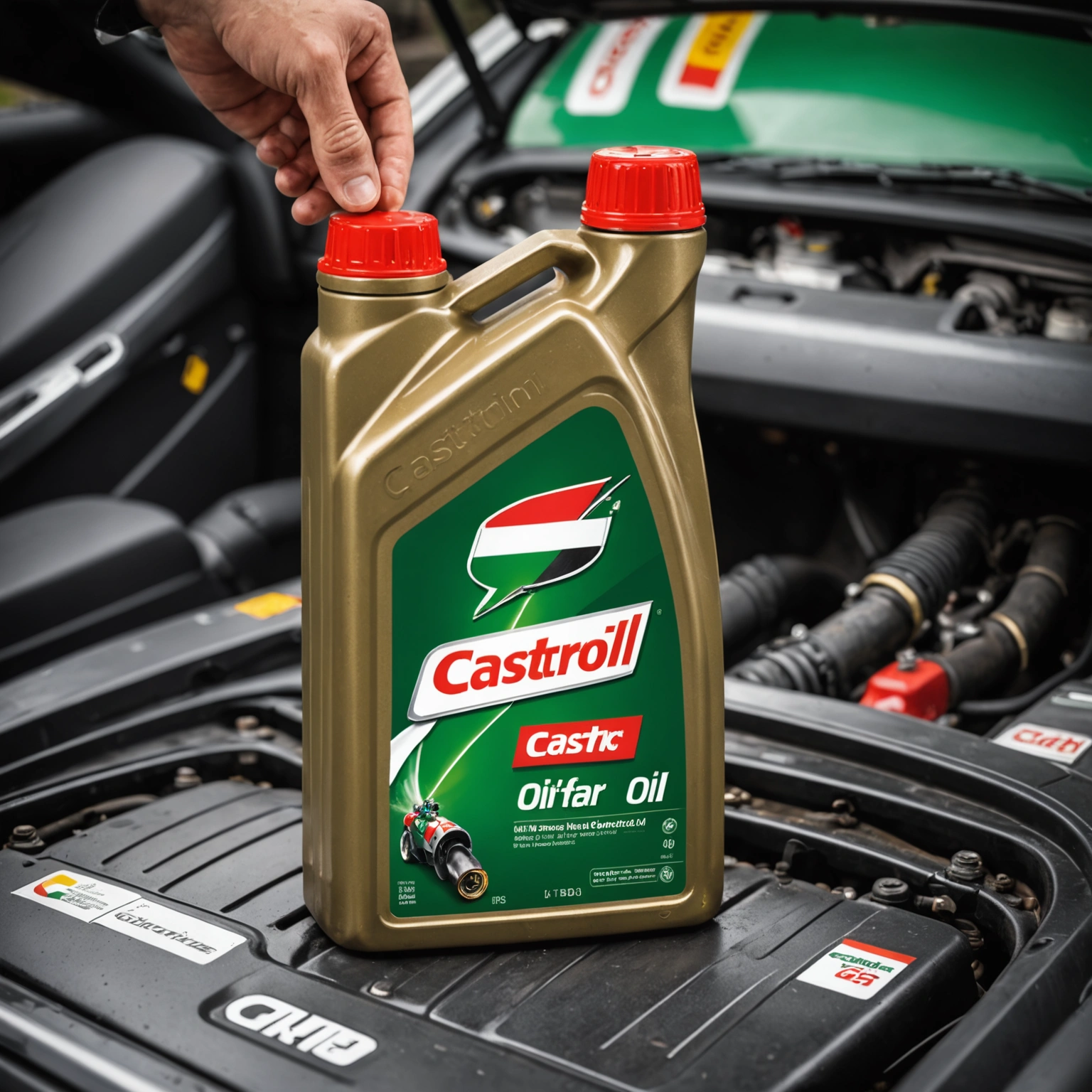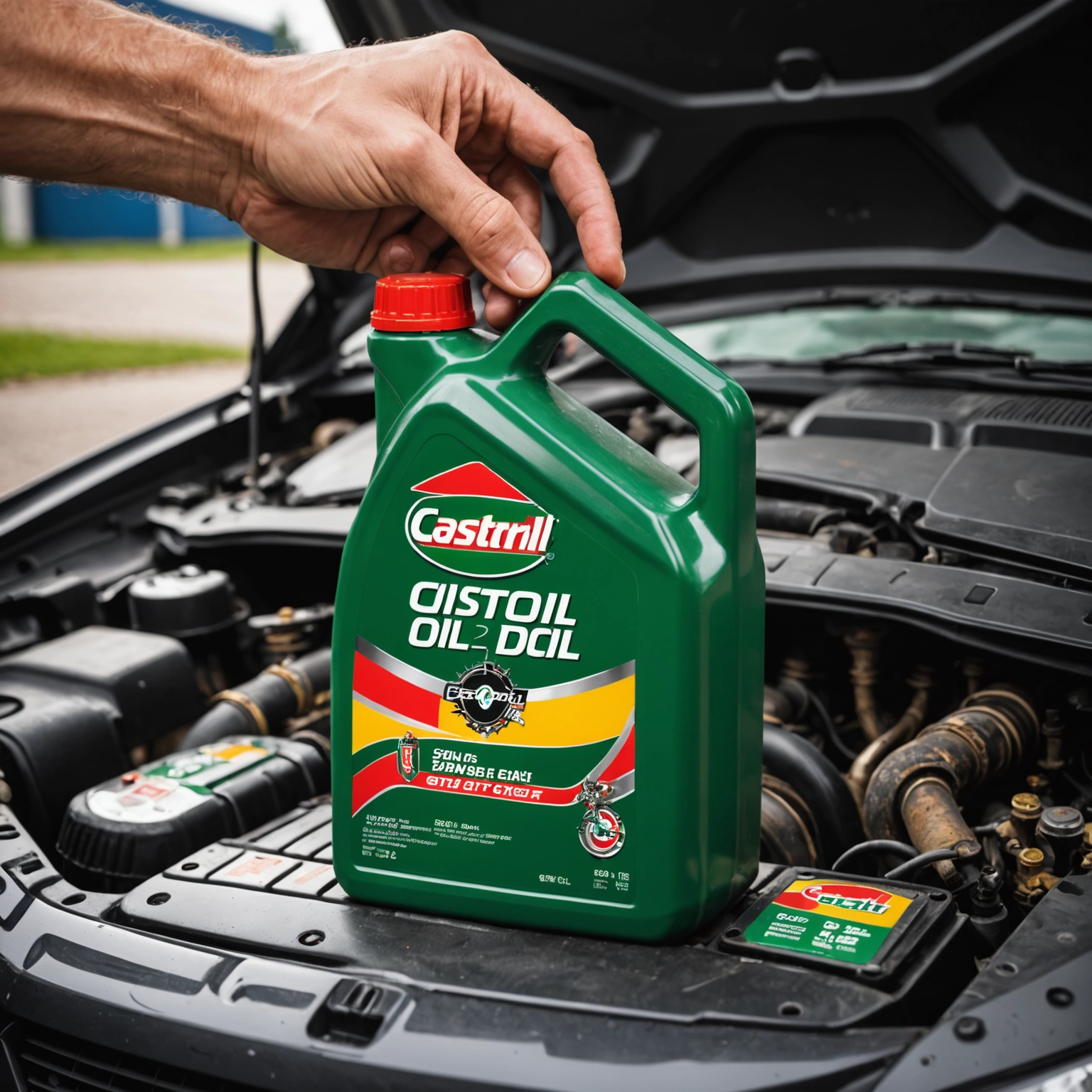**What Oil Does My Car Take: Understanding Castrol Oil Options**
Choosing the right motor oil for your vehicle is essential for optimal performance, fuel efficiency, and engine longevity. If you’re considering Castrol, a well-known and trusted brand in the automotive industry, you might wonder: *What type of Castrol oil is suitable for my car?* Let’s explore how to identify the right Castrol oil for your vehicle.

### 1. Check Your Owner’s Manual
The first and most reliable step is to consult your vehicle’s owner’s manual. It provides specific recommendations regarding:

– **Viscosity grade** (e.g., 5W-30, 10W-40)
– **Oil specifications** (e.g., API SN, SN Plus, SP; ILSAC GF-6, GF-5)

– **Manufacturer approvals** (e.g., Ford WSS-M2C913-C, BMW LL-01)
### 2. Understanding Castrol Oil Types

Castrol offers a broad range of motor oils tailored to different driving needs and engine types. Here are some of their popular categories:
#### **a. Castrol EDGE**
– **Description:** A premium synthetic oil designed for maximum performance and protection.
– **Ideal For:** High-performance vehicles, turbocharged engines, and demanding driving conditions.
– **Viscosity Options:** Commonly 0W-20, 5W-30, 5W-40, etc.
– **Features:** Advanced full synthetic formulation with Titanium Technology for stronger oil film strength.
#### **b. Castrol GTX Magnatec**
– **Description:** A semi-synthetic or synthetic blend with intelligent molecules that cling to engine parts.
– **Ideal For:** Everyday drivers seeking enhanced engine protection during startup and stop-and-go traffic.
– **Viscosity Options:** 5W-30, 10W-40, 10W-30, etc.
#### **c. Castrol GTX**
– **Description:** Conventional motor oil for basic protection.
– **Ideal For:** Older vehicles or drivers seeking a budget-friendly option.
– **Viscosity Options:** 10W-30, 10W-40, etc.
#### **d. Castrol GTX ULTRACLEAN**
– **Description:** Designed to reduce sludge and keep engines clean.
– **Ideal For:** Maintaining engine cleanliness over time.
### 3. Consider Your Driving Conditions
Your driving style and environment influence the best oil choice:
– **High-performance or turbocharged engines:** Prefer synthetic oils like Castrol EDGE.
– **Stop-and-go city driving:** Consider synthetic blends like GTX Magnatec.
– **Older vehicles:** Conventional oils like GTX can suffice, but synthetic options may offer better protection.
### 4. Verify Oil Specifications and Approvals
Ensure the Castrol oil you select meets or exceeds industry standards:
– **API Service Ratings:** SN, SN Plus, SP, etc.
– **ACEA Ratings:** For European vehicles.
– **OEM approvals:** Check for specific approvals required by your vehicle manufacturer.
### 5. When in Doubt, Consult a Professional
If you’re unsure, visit your trusted mechanic or dealership. They can recommend the best Castrol oil formulation based on your vehicle’s make, model, and driving habits.
—
**In Summary:**
– Always refer to your vehicle’s manual for the recommended oil viscosity and specifications.
– Castrol offers a variety of oils—from synthetic to conventional—tailored to different needs.
– Choose the right oil based on your driving conditions and engine requirements.
– Verify industry and manufacturer approvals to ensure compatibility.
By selecting the appropriate Castrol oil, you’ll help keep your engine running smoothly, efficiently, and reliably for miles to come.

